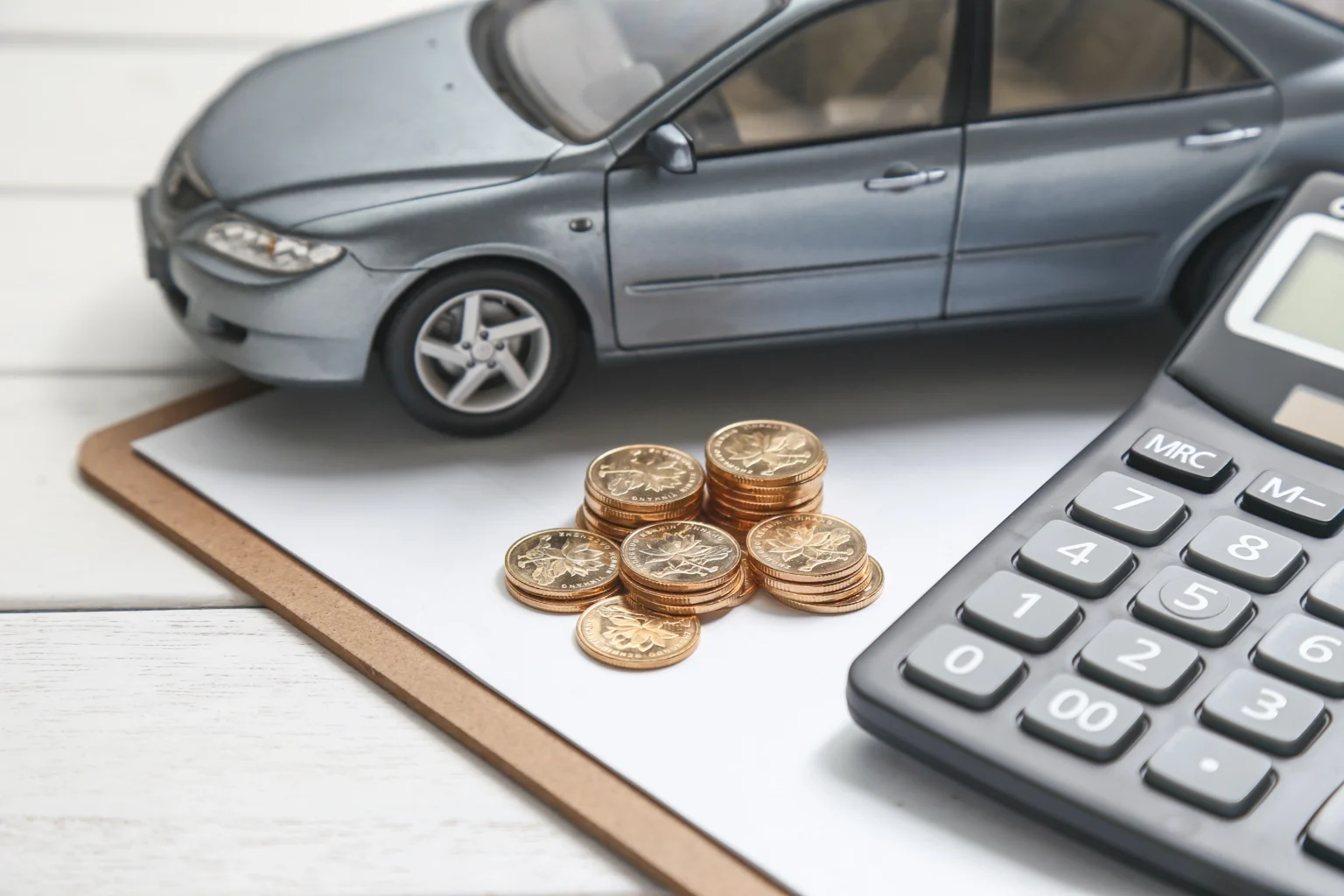There is a significant impact of car scrapping on your vehicle insurance policy.
Before we get into the specifics, let’s define scrapping a vehicle.
What does Scrapping A Vehicle mean in India?
A badly damaged vehicle that cannot be restored is scrapped. In this situation, the automobile is in the worst possible condition, and it is only worth its weight in materials such as iron, rubber, glass, and so on. This is also known as scrap value. In India, scrapping obsolete automobiles has become a legal requirement.
Here are some of the reasons why it is critical to discard a car:
- Driving an older automobile that is more than 15 years old might be dangerous for the driver and prone to accidents.
- Old automobiles have been a major source of pollution and carbon emissions, both of which are very destructive to the environment.
- A heavily damaged automobile will just add to the number of abandoned autos in landfills. However, discarding it would imply that its pieces are appropriately recycled.
- As an incentive to discard an old automobile, vehicle owners will enjoy tax breaks.
How does scrapping a car work in India?
If you own an old automobile and are curious about how scrapping works. Here are a few hints.
- Our country’s motor legislation specifies that a personal automobile has a 20-year lifetime and a business vehicle has a 15-year lifespan. A 15-year-old automobile must undergo a scrap test to see whether its lifetime can be prolonged by 5 years.
- A scrap test will include antique autos that must pass a mandatory fitness exam. The automobiles that pass the test may be re-registered, while the others will be scrapped. A car that fails the inspection will be declared unregistered.
So what exactly is the impact of car scrapping on your vehicle insurance policy?
Well here are some impact of car scrapping with regards to your vehicle insurance policy.
- Driving an outdated and unsafe vehicle is always risky, increasing the responsibility of the auto insurance provider, for which they demand a higher price. However, if your automobile is demolished, you will no longer be required to pay a premium for your car insurance policy.
- If the repair expenses for your damaged automobile are too expensive, your car insurance company may make you an offer to buy the car. However, if your automobile is demolished, your car insurance company will reimburse you for the car’s worth in addition to the money they get from the junkyard. As a result, wrecking your automobile will allow you to make a larger claim to your insurance.
- You must revoke your car’s registration certificate once it has been scrapped. You must also notify your insurance when you scrap your vehicle. Because your car is no longer registered for use on public roads, the insurer will terminate your insurance coverage. The cancellation of the registration certificate and insurance plan aids in the prevention of theft and abuse.
- Another thing to keep in mind is that older and inoperable vehicles contribute to the insurer’s higher Incurred Claim Ratio (ICR). The Incurred Claim Ratio is the ratio of the total amount of claims settled to the total amount of premiums received during the fiscal year. The ICR is predicted to fall as a result of the scrapping of unsafe vehicles.
In conclusion, it is understood that past their 15-year life, all vehicles should undergo a scrap test and either be identified as fit for use for another 5 years or be scrapped. In the case of a wreck, the scrap test analyses whether there is any way to save the vehicle. If it is past the stage of saving, the car insurance company will deal out a higher payout.


